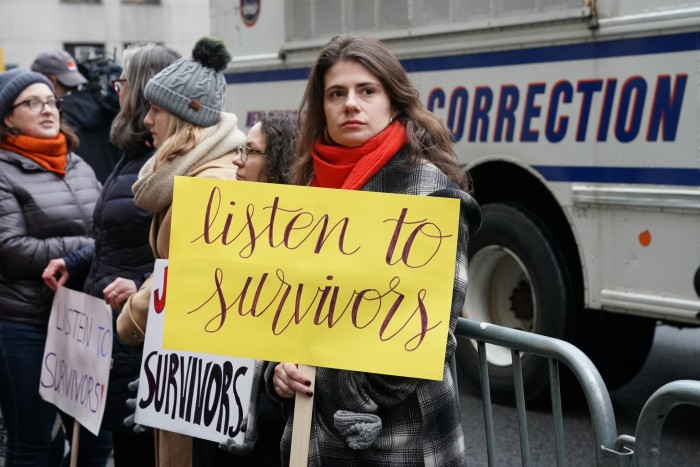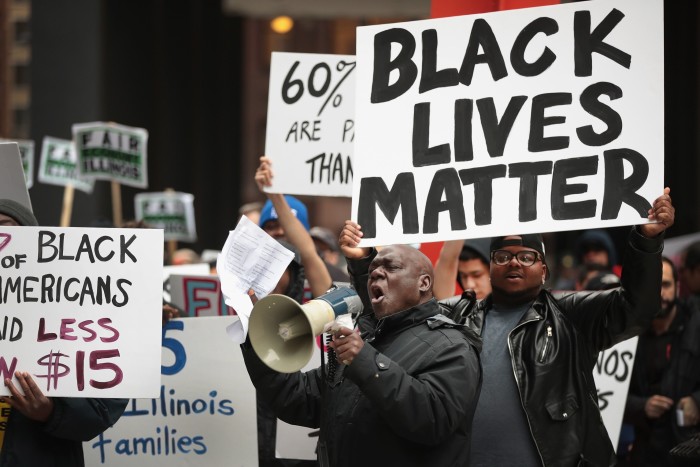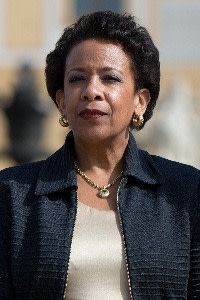Political ‘firestorm’ spurs demand for all-in-one employment law services

Roula Khalaf, Editor of the FT, selects her favourite stories in this weekly newsletter.
As employers come under pressure to deliver policy responses to such high-profile issues as Covid-19, racial justice and abortion rights, US law firms are taking on a deeper advisory role — and one that goes beyond traditional employment law.
The pandemic, the Black Lives Matter movement and the overturning of Roe vs Wade — the US ruling enshrining a constitutional right to an abortion for nearly 50 years — have all increased demand for multidisciplinary legal services. These must now span employment law, human resources and employee relations.
Lawyers also increasingly need to understand the political climate and the complex moral questions at stake — both inside an organisation and within the greater societal conversation — at any given moment.
“It used to be that politics were left at the workplace door,” says Sharon Masling, a partner at Morgan Lewis. “And that separation no longer exists because all of these issues that are happening externally are affecting employees internally.” This has left some employers to figure out how to navigate political winds alongside what is happening in the workplace.

The pandemic ushered in an onslaught of employment challenges, with employees working from home or from other states, and with adjustments to policies around tax and sick leave. Then, in May 2020, the murder of George Floyd brought racial justice to the fore, increasing the focus on employers’ diversity and inclusion efforts. And the Supreme Court’s decision in June this year to eliminate the constitutional right to obtain an abortion prompted questions about an employer’s role in supporting employees if they are barred from having a termination in their home state.
“I think what you see are different stakeholders raising their voices in different ways,” says former US attorney-general Loretta Lynch, now a partner at law firm Paul, Weiss, Rifkind, Wharton & Garrison.
How an organisation responds to demands surrounding such political flashpoints can affect not only its workplace culture, but its public reputation, with long-term strategic and public relations implications.
After the #MeToo movement gained momentum in 2017, Morgan Lewis established a consulting and training practice for workplace culture, which Masling co-leads. It is geared towards guiding organisations of different sizes to meet demands not only from workers, but also clients, customers, boards, shareholders and the public. “We realised that rather than just defending our clients after harassment had occurred, we could help our clients more by helping them prevent harassment from occurring in the first place,” says Masling.

When the Supreme Court overturned Roe vs Wade, the law firm set up a reproductive rights task force, headed by Masling. It also had a Covid-19 task force earlier in the pandemic.
But the biggest change for law firms in this era of more complicated legal matters has been integrating typically isolated legal practices.
“We had to break out of our traditional legal silos and figure out how we could best work together . . . from all these various perspectives to serve our clients,” says Masling. “They need one-stop shopping.”
More on FT.com: Best practice case studies
Read the FT Innovative Lawyers North America ‘Best practice case studies’, which showcase the standout innovations made for and by people working in the legal sector:
At Paul, Weiss — which has a civil rights and racial equity audits unit — there has been an increase in client inquiries about racial equity audits, particularly from those that have made proclamations in support of diversity, equity and inclusion, and are looking to create or evaluate their own internal measures.
“The racial equity practice has been driven in large part by a growing shareholder movement to ask questions about how publicly traded companies are living up to their stated values,” says Lynch.
In the case of reproductive rights, clients have had to consider: employee health benefits; whether they would provide workers with financial assistance to travel out of state to obtain an abortion; how internal women’s and religious affinity groups would each react; and how exactly executives should discuss the subject internally and externally.
Employers have also had to prepare for legally precarious scenarios — such as what to do should they receive a subpoena for private information as part of an abortion-related law enforcement investigation.
“We have had questions about criminal liability and [about] some of these state laws that talk about the aiding and abetting of abortions,” says Masling. “All of a sudden, our clients were right in the middle of a firestorm.”

While lawyers cannot predict what the next big issues will be, Morgan Lewis now knows that, for each topic, it needs a small leadership team as well as subject matter experts, a method to track any relevant legislation, and a way for staff to share information quickly with each other and with clients.
Companies often approach Lynch and her colleagues for advice after shareholders propose certain targets or changes to improve diversity and inclusion — such as a greater focus on retention. Or, if the company provides financial services, a proposal could aim to increase access for people who have been excluded historically.

Audits may involve examining demographics, pay equity, workplace culture and, through focus groups, how employees feel working in that environment. Third parties, such as civil rights organisations, may also be asked for input.
The most recent subject of client interest has been affirmative action — intended to encourage a more diverse intake of students at US universities — now that the Supreme Court has taken up two cases that could see it eliminate universities’ ability to factor race into admission decisions.
It is ironic, says Lynch, that people claim to want equality for all but, when it’s implemented, they say “more equality for you means less for me. [But] it’s not limited. It’s not finite. We can, frankly, all rise together”.
Comments